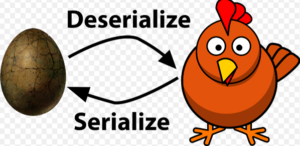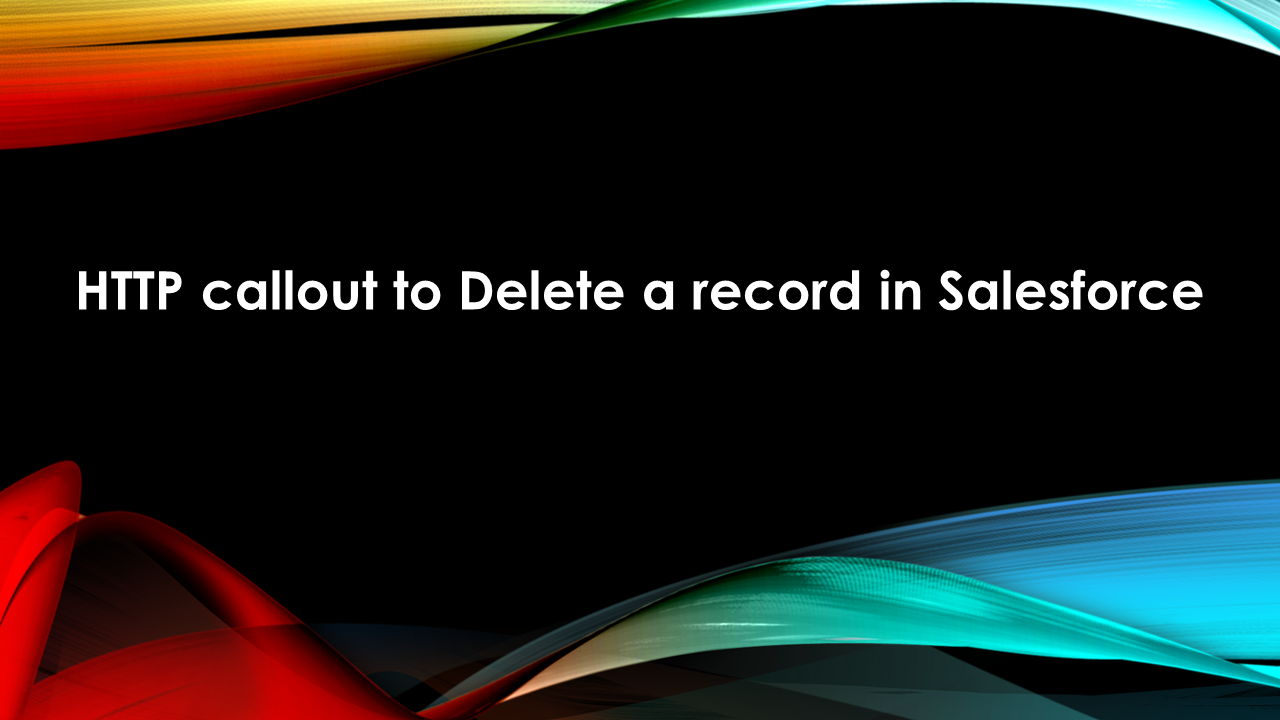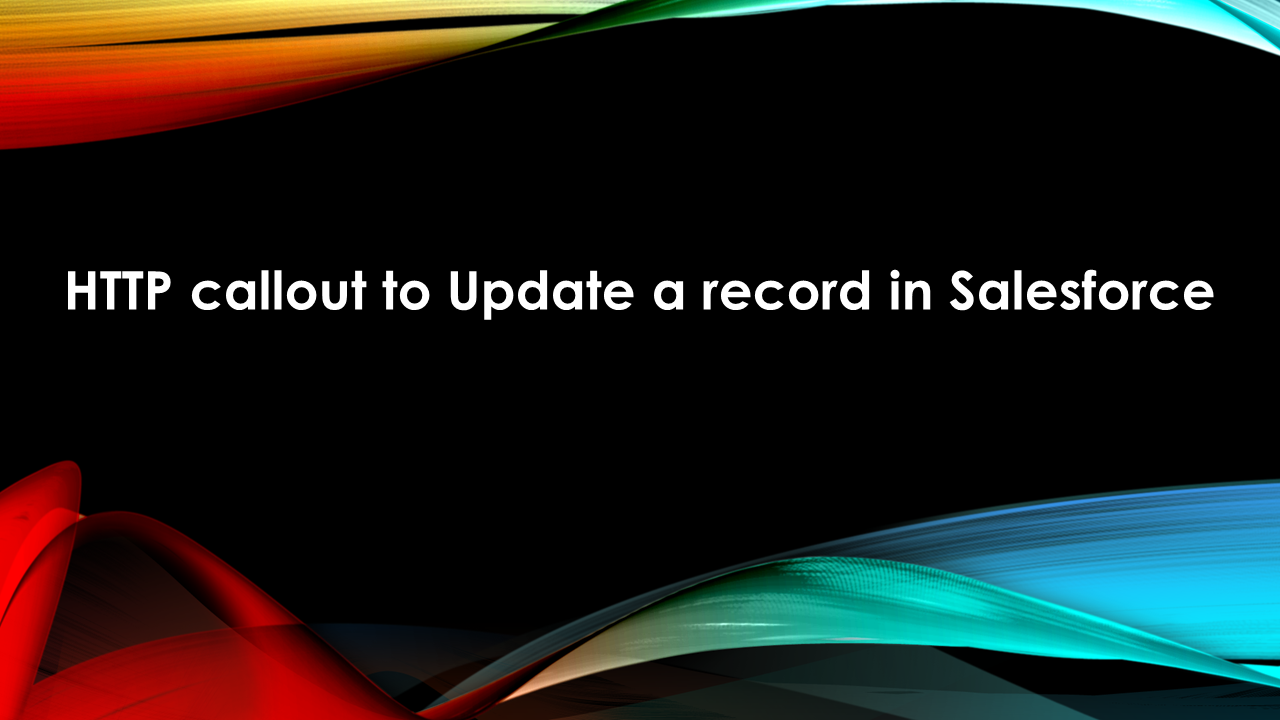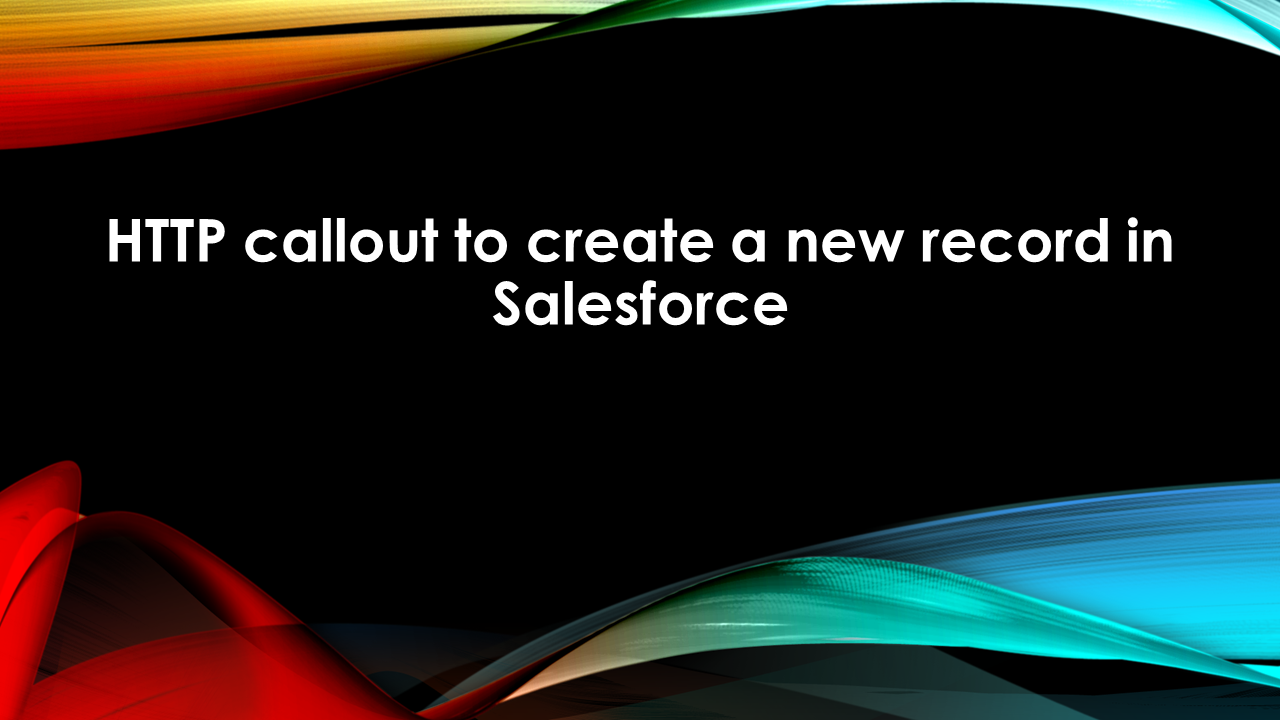How to do JSON Parsing of a wrapper class in Salesforce
 How to do JSON Parsing of a wrapper class in Salesforce.
How to do JSON Parsing of a wrapper class in Salesforce.
What is JSON Parsing?
We use JSON parsing to interchange data from a web server.
Data is always shared as a string from a web server
To make the data understandable to our system, we do JSON Parsing, and the data becomes a JavaScript object.
Example of JSON Parsing.
‘{ “name”:”John”, “age”:30, “city”:”New York”}’
Use the JavaScript function JSON.parse() to convert text into a JavaScript object
var obj = JSON.parse(‘{ “name”:”John”, “age”:30, “city”:”New York”}’);
The above example is to do parsing in JavaScript, To do JSON Parsing in Salesforce we have quiet similar approach.
But first we should understand few terms before we begin the JSON parsing concept.
To convert an object into a stream of string characters is known as serialization, i. e Object -> String. Once we serialize an object we can transport it over the web server.

To convert a stream of string into an object is known as deserialization, or simply opposite of serialization is called deserialization, normally it is a response received from a web server. String -> Object.
To simplify the process of serialization and deserialization, Salesforce has provided a whole class for this purpose, i.e. JSONParser Class.
In below a callout was made to web service and it returned a response in JSON format. Then the response is parsed to get all the totalPrice field values and get the grand total.
public class JSONParserUtil {
@future(callout=true)
public static void parseJSONResponse() {
Http httpProtocol = new Http();
HttpRequest request = new HttpRequest();
String endpoint = ‘https://docsample.herokuapp.com/jsonSample’;
request.setEndPoint(endpoint);
request.setMethod(‘GET’);
HttpResponse response = httpProtocol.send(request);
System.debug(response.getBody());
// Parse JSON response to get all the totalPrice field values.
JSONParser parser = JSON.createParser(response.getBody());
Double grandTotal = 0.0;
while (parser.nextToken() != null) {
if ((parser.getCurrentToken() == JSONToken.FIELD_NAME) &&
(parser.getText() == ‘totalPrice’)) {
// Get the value.
parser.nextToken();
// Compute the grand total price for all invoices.
grandTotal += parser.getDoubleValue();
}
}
system.debug(‘Grand total=’ + grandTotal);
}
}
Example: Parse a JSON String and Deserialize It into Objects, for this example we are taking a hardcoded JSON String and the entire string is parsed into Invoice objects using the readValueAs method.
public static void parseJSONString() {
String jsonStr =
‘{“invoiceList”:[‘ +
‘{“totalPrice”:5.5,”statementDate”:”2011-10-04T16:58:54.858Z”,”lineItems”:[‘ +
‘{“UnitPrice”:1.0,”Quantity”:5.0,”ProductName”:”Pencil”},’ +
‘{“UnitPrice”:0.5,”Quantity”:1.0,”ProductName”:”Eraser”}],’ +
‘”invoiceNumber”:1},’ +
‘{“totalPrice”:11.5,”statementDate”:”2011-10-04T16:58:54.858Z”,”lineItems”:[‘ +
‘{“UnitPrice”:6.0,”Quantity”:1.0,”ProductName”:”Notebook”},’ +
‘{“UnitPrice”:2.5,”Quantity”:1.0,”ProductName”:”Ruler”},’ +
‘{“UnitPrice”:1.5,”Quantity”:2.0,”ProductName”:”Pen”}],”invoiceNumber”:2}’ +
‘]}’;
// Parse entire JSON response.
JSONParser parser = JSON.createParser(jsonStr);
while (parser.nextToken() != null) {
// Start at the array of invoices.
if (parser.getCurrentToken() == JSONToken.START_ARRAY) {
while (parser.nextToken() != null) {
// Advance to the start object marker to
// find next invoice statement object.
if (parser.getCurrentToken() == JSONToken.START_OBJECT) {
// Read entire invoice object, including its array of line items.
Invoice inv = (Invoice)parser.readValueAs(Invoice.class);
system.debug(‘Invoice number: ‘ + inv.invoiceNumber);
system.debug(‘Size of list items: ‘ + inv.lineItems.size());
String s = JSON.serialize(inv);
system.debug(‘Serialized invoice: ‘ + s);
// Skip the child start array and start object markers.
parser.skipChildren();
}
}
}
}
}
// Inner classes used for serialization by readValuesAs().
public class Invoice {
public Double totalPrice;
public DateTime statementDate;
public Long invoiceNumber;
List<LineItem> lineItems;
public Invoice(Double price, DateTime dt, Long invNumber, List<LineItem> liList) {
totalPrice = price;
statementDate = dt;
invoiceNumber = invNumber;
lineItems = liList.clone();
}
}
public class LineItem {
public Double unitPrice;
public Double quantity;
public String productName;
}
Another way to do deserialization is as below.
Invoice inv = (Invoice)JSON.deserialize(jsonStr, Invoice.class);
This will convert a the response string into a single Invoice object. But what if we want to deserialise a list of Invoice object. In this case we will use the below code to deserialise the list
List<invoice> lstInvoice = (list<invoice>) JSON.deserialize(jsonStr list<invoice>.class);
This will parse the string into the respected object list we created in our apex class.
This approach seems easy but it is always better to use the JSONParser Class to serialize and deserialize the object/object list
Also, Have a look at the below resources:
Also, Have a look at the below learning resources:
-
SOQL (Salesforce Object Query Language)
-
Apex Trigger Best Practices and the Trigger Framework
-
Salesforce Interview Question and Answers Part 2
-
Salesforce Interview Questions on Test Class
-
Salesforce-lightning-interview-questions-2018








Nice article